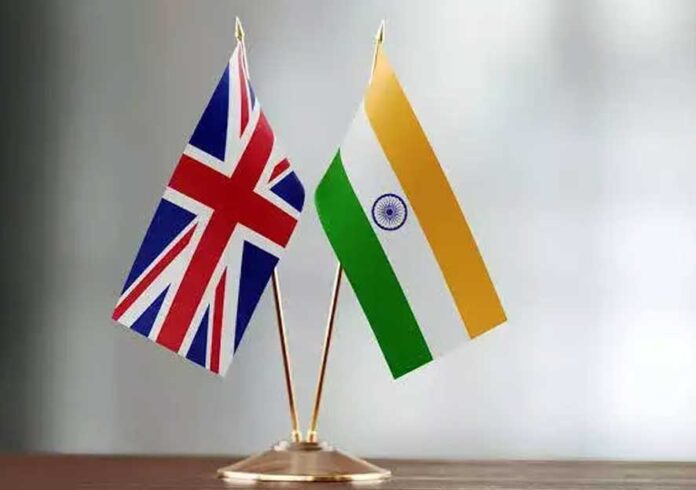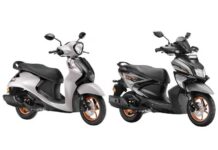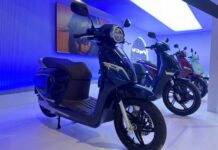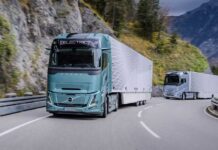
The newly finalized India-UK Free Trade Agreement is expected to significantly benefit India’s automotive industry by easing tariff barriers, encouraging investment, and fostering technology partnerships. The deal paves the way for deeper supply chain integration and expanded access to the UK and broader European markets. According to the Indian government, the FTA also unlocks major export potential for labour-intensive sectors like engineering goods, auto components, engines, and organic chemicals.
India will benefit from the elimination of tariffs on about 99% of tariff lines, covering nearly all trade value with the UK, significantly boosting bilateral trade, according to an official release. The UK government highlighted that India’s high automotive tariffs—previously over 100%—will be reduced to 10% under the deal, with quotas set for automobile imports on both sides.
In 2024, India imported motor cars worth ₹650 crore, motorcycles worth ₹30 crore, and auto parts worth ₹1,150 crore from the UK. Jaguar Land Rover (JLR) led the passenger vehicle imports with over ₹500 crore, followed by brands like BMW, Mercedes-Benz, Rolls-Royce, Aston Martin, and Bentley.
On the export side, India shipped tractors worth ₹70 crore, motorcycles worth ₹50 crore, and auto parts worth ₹1,590 crore to the UK in the same year. Capitalizing on the FTA, major Indian automakers such as Mahindra & Mahindra, TVS Motor Company, and Tata Motors have already initiated expansion strategies to tap into the growing UK and European demand.
Mahindra has announced plans to export its next-generation born-electric vehicles, the BE 6 and XUV 9e, to right-hand-drive markets like the UK, taking advantage of reduced tariffs under the India-UK Free Trade Agreement. Left-hand-drive markets will follow in a phased rollout.
At a recent press conference, Rajesh Jejurikar, Executive Director and CEO of Mahindra’s Auto and Farm Sectors, stated, “We plan to enter the EU with our EVs eventually, but in a calibrated manner—starting with right-hand-drive models before moving to left-hand-drive. Our global EV strategy will also depend on the terms of a potential EU agreement, which could further enable us to ‘Make in India for the world.’”
He added that born-electric vehicles are designed for international markets and that EV consumers are more open to new brands, eliminating the need for decades-long brand legacy to gain acceptance.
TVS Motor Company is set to manufacture its premium British motorcycle brand, Norton, at its Hosur facility in Tamil Nadu—a strategic shift of high-end production from the UK to India. The finished motorcycles will be exported globally, aligning with the opportunities created by the India-UK Free Trade Agreement.
Welcoming the FTA, TVS Managing Director Sudarshan Venu stated, “We applaud our Prime Minister’s vision to enhance India’s global trade links. This historic agreement creates significant opportunities for Indian companies like ours to expand and access new markets. Our British brand Norton will launch later this year, and the FTA will help us scale faster and leverage integrated supply chains.”
Further strengthening India-UK automotive collaboration, Jaguar Land Rover (JLR), owned by Tata Motors, is establishing a new manufacturing facility in Ranipet, Tamil Nadu. The plant is expected to become a key component of JLR’s long-term India-UK supply strategy and may involve co-developing models for both domestic and global markets.
The FTA ensures comprehensive market access for goods across all sectors, covering all of India’s export interests. India will benefit from tariff elimination on about 99% of tariff lines, covering almost 100% of the trade value, offering vast opportunities to increase bilateral trade with the UK, the government reiterated.
With the global automotive landscape rapidly shifting toward electrification and sustainable mobility, India’s strategic manufacturing edge and skilled labor force position it as a natural hub for EV innovation and exports. The FTA is likely to reinforce this trajectory, catalyzing growth, jobs, and global partnerships.









